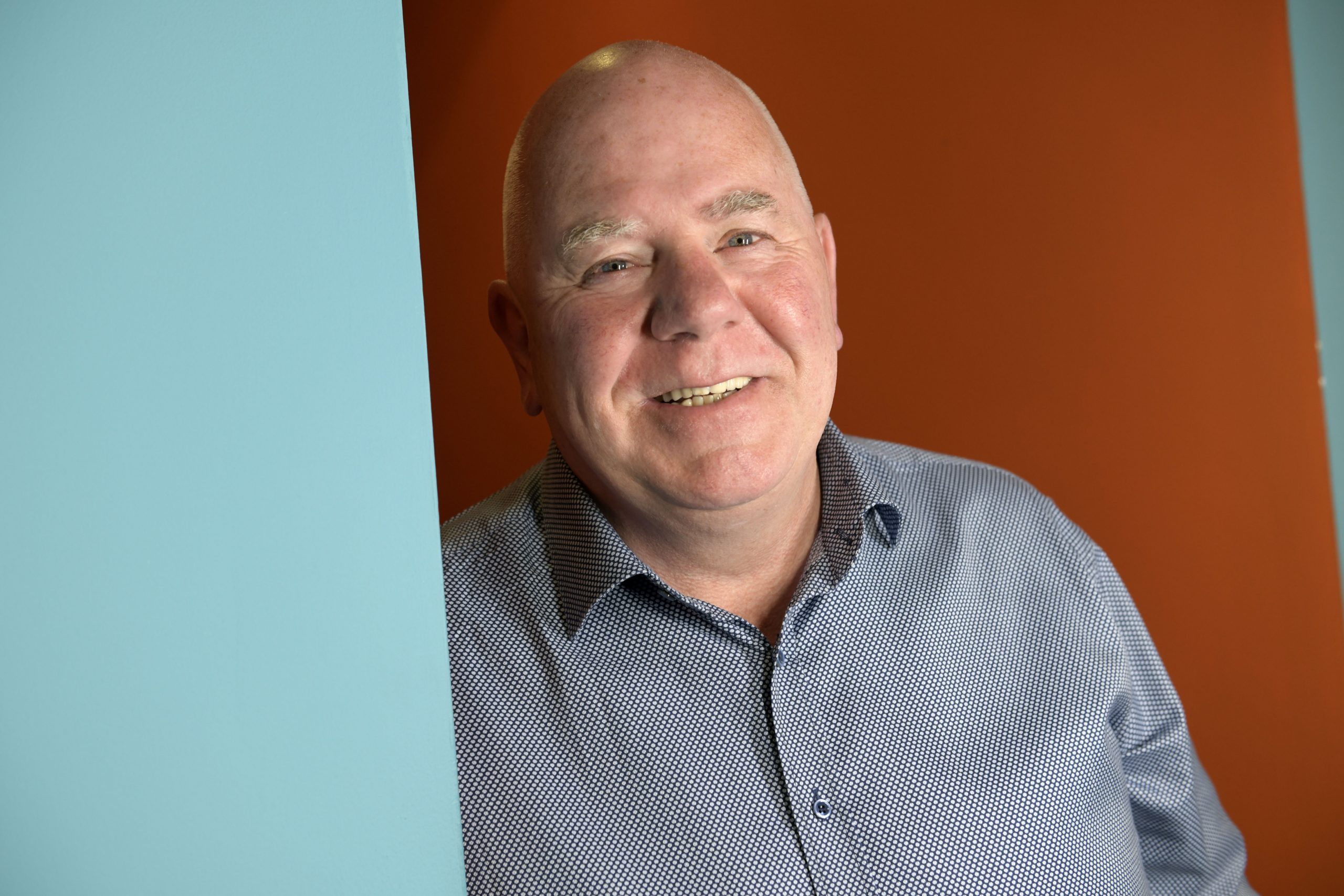Michael Dawson’s career is an entrepreneur to his core – and has been an entrepreneur from the age of eight. as such, many of his insights are valuable to the both established and aspiring entrepreneurs. In this interviews, he talks about: Running a shop at the age of eightMarrying his hobby of youth work and politicsEntrepreneurial spirit in Irish politics Booking out the RDS for Italia 90 Going with his gut and visualising a “physical picture” when entering a new business ventureSelling One4All to billion-euro company Blackhawk A future in music and possibly working Stateside Alison Cowzer (AC): Michael is founder of One4All…
Cancel at any time. Are you already a member? Log in here.
Want to read the full story?
Unlock this article – and everything else on The Currency – with an annual membership and receive a free Samsonite Upscape suitcase, retailing at €235, delivered to your door.

